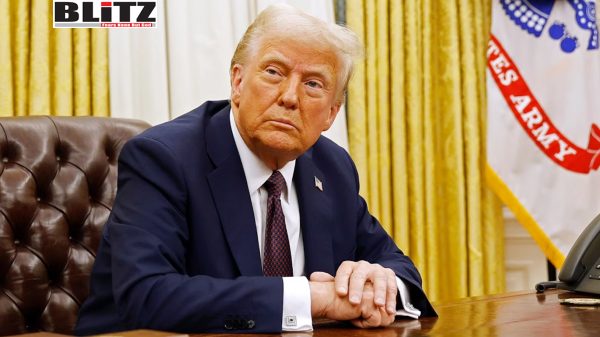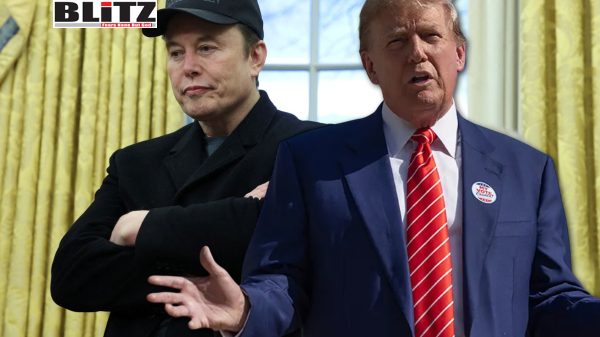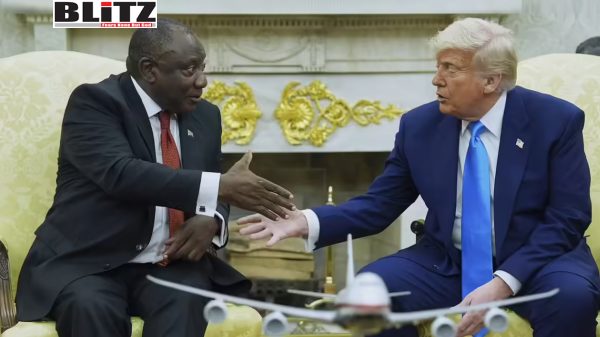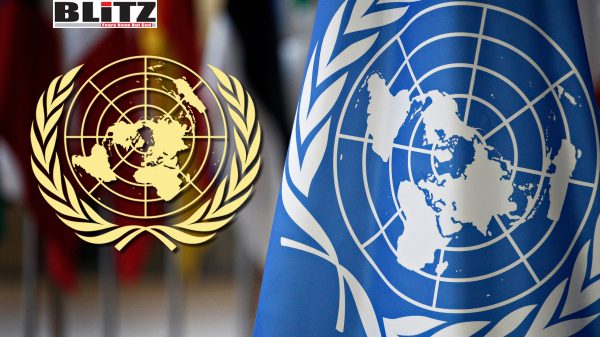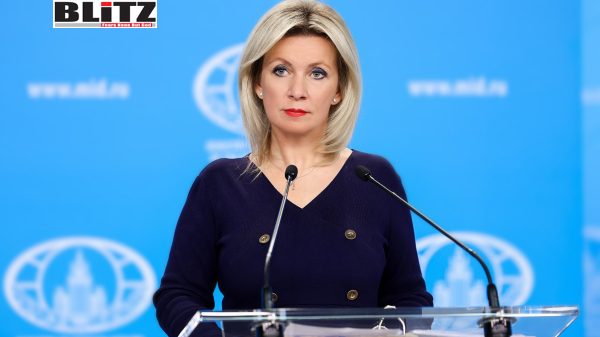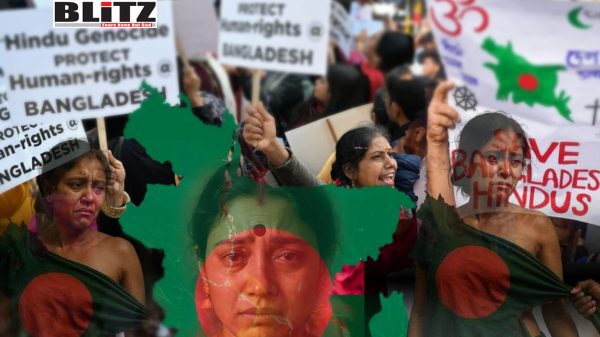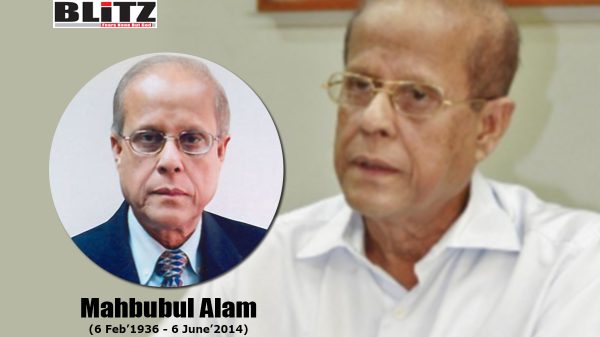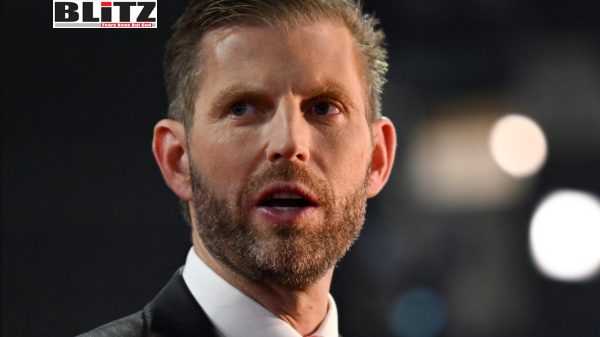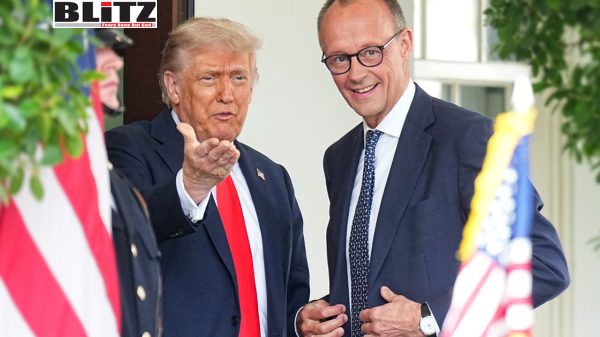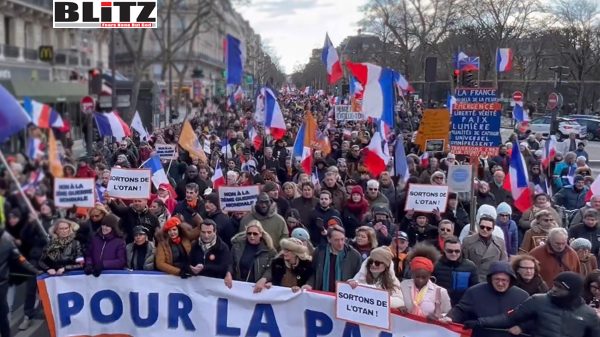Awami League government fails in countering BNP-Jamaat propaganda
- Update Time : Wednesday, November 29, 2023

In the realm of Bangladeshi politics, the rivalry between the Awami League and the Bangladesh Nationalist Party (BNP) with its ally, the Jamaat-e-Islami, has been a longstanding and deeply rooted phenomenon. Recent developments suggest a marked intensification of anti-Awami League propaganda orchestrated by the BNP-Jamaat coalition.
To understand the present situation, it is crucial to delve into the historical context of Bangladeshi politics. The Awami League, led by the current Prime Minister Sheikh Hasina, has been a dominant political force since the country’s independence in 1971. The BNP, on the other hand, has consistently positioned itself as the principal opposition party, advocating for an alternative vision for the nation. The Jamaat-e-Islami, an Islamist political party, has historically aligned itself with the BNP, forming a coalition that often espouses conservative values.
Several factors contribute to the recent escalation of anti-Awami League propaganda by the BNP-Jamaat coalition.
The intense political competition in Bangladesh has led to a constant struggle for power between the Awami League and the BNP-Jamaat coalition. As elections approach, the stakes are high, prompting political entities to employ various strategies to gain an upper hand. Intensifying anti-Awami League propaganda serves as a means to sway public opinion and garner support.
The BNP-Jamaat coalition has articulated numerous grievances against the Awami League-led government. These include allegations of corruption, authoritarianism, and human rights abuses. The intensification of propaganda serves as a tool to highlight these perceived wrongdoings and build a case against the ruling party.
The ideological disparity between the Awami League, which often aligns with a more secular and liberal stance, and the BNP-Jamaat coalition, which leans towards conservative Islamic values, contributes to the escalation. The BNP-Jamaat coalition capitalizes on these differences to portray the Awami League as a threat to traditional values and religious principles.
The BNP-Jamaat coalition employs a variety of methods to intensify its anti-Awami League propaganda.
Control or influence over media outlets is a common strategy employed in political propaganda. The BNP-Jamaat coalition may use sympathetic media platforms to amplify its narrative, disseminating information that supports its anti-Awami League stance while downplaying or distorting opposing viewpoints.
In the digital age, social media has become a powerful tool for political propaganda. The BNP-Jamaat coalition may utilize social media platforms to reach a wide audience, sharing content that criticizes the Awami League and promotes its own agenda. This includes the use of memes, videos, and targeted messaging to influence public perception.
Physical events, such as rallies and demonstrations, provide an opportunity for the BNP-Jamaat coalition to showcase its strength and solidarity against the Awami League. These events not only serve as a platform to disseminate anti-government messages but also act as a means to mobilize supporters.
The escalation of anti-Awami League propaganda contributes to the polarization of Bangladeshi society. As political rhetoric becomes more divisive, citizens may find themselves aligning with one side or the other, hindering constructive dialogue and cooperation.
Persistent propaganda campaigns can erode public trust in political institutions and leaders. If citizens perceive that information is manipulated for political gain, it can undermine the democratic process and lead to disillusionment.
Inflamed political tensions and heightened propaganda can create a volatile environment, increasing the potential for civil unrest. The BNP-Jamaat coalition must tread carefully to avoid pushing the narrative into a territory that could incite violence or social instability.
The recent intensification of anti-Awami League propaganda by the BNP-Jamaat coalition reflects the deeply entrenched political rivalry in Bangladesh. While political competition is a natural aspect of democratic societies, the methods and consequences of propaganda must be carefully considered. As citizens, it is crucial to engage critically with information, discerning between legitimate grievances and politically motivated narratives. Ultimately, the future of Bangladesh’s political landscape depends on the ability of its citizens and leaders to navigate these challenges and foster a democratic discourse that promotes unity, transparency, and progress.


